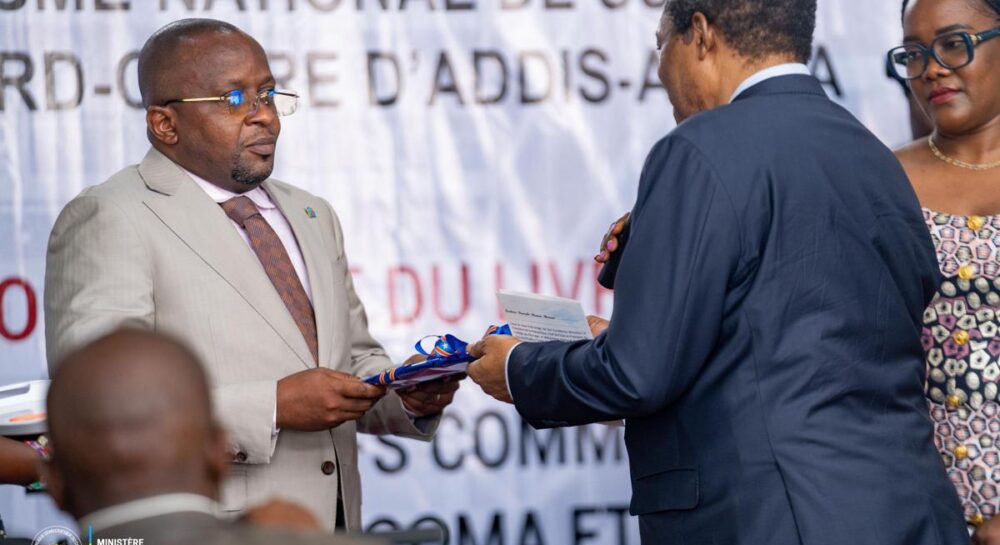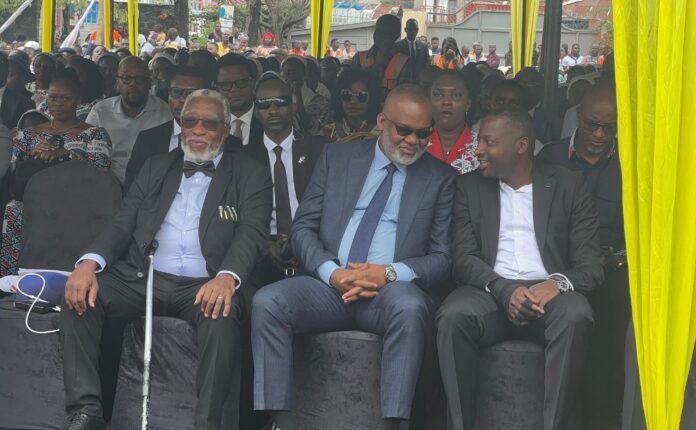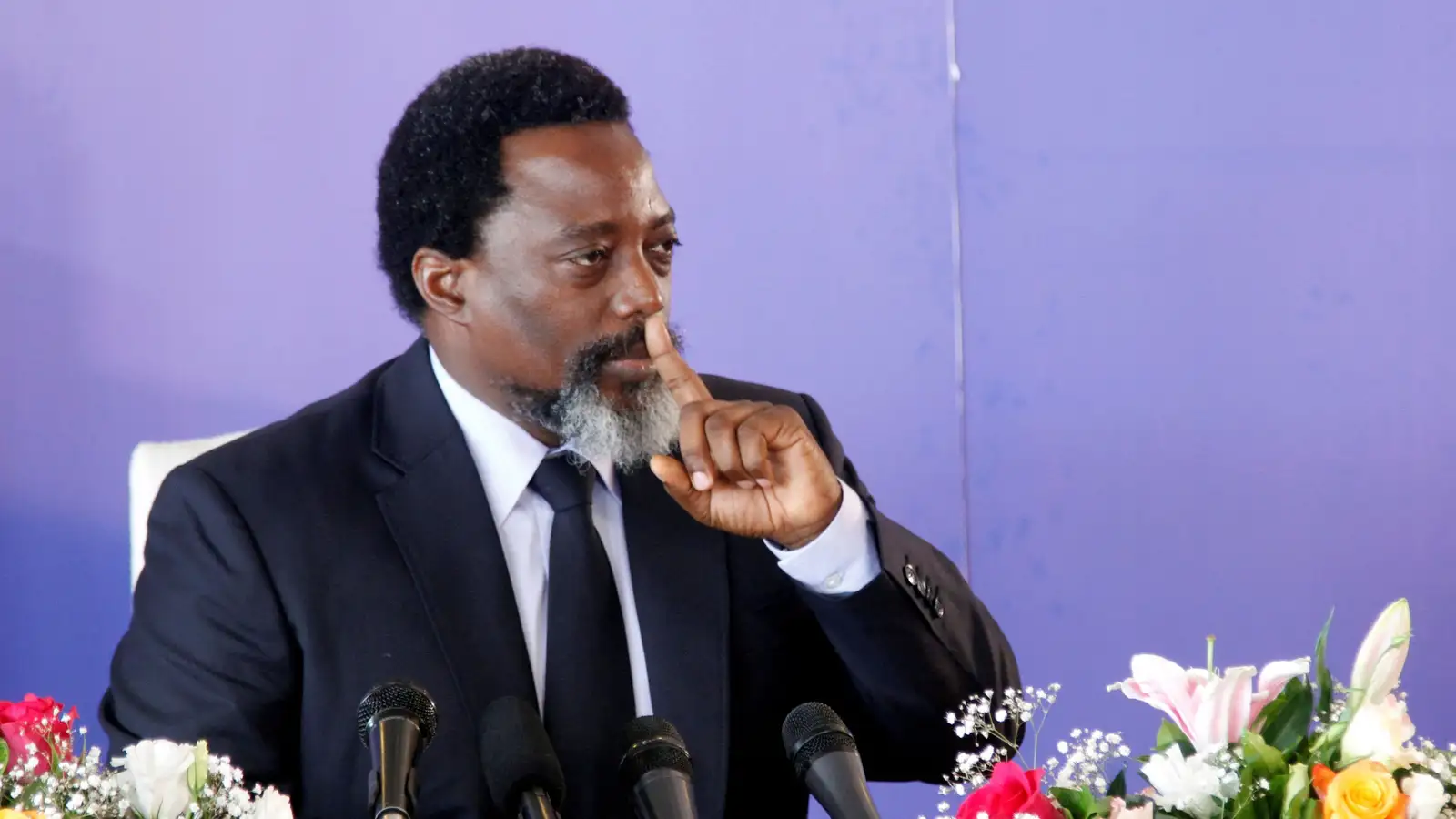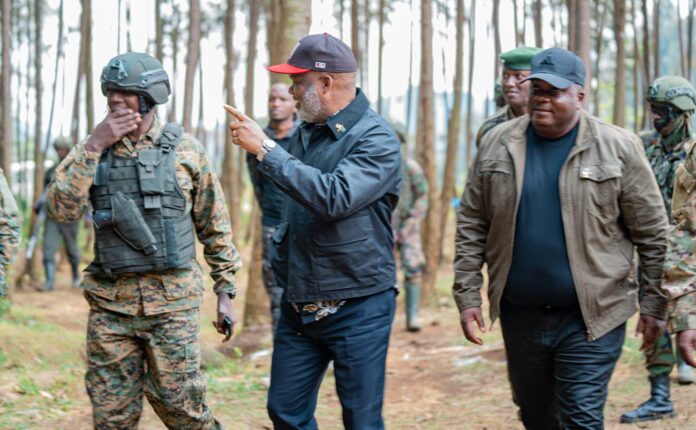A new report released by the National Commission for Monitoring the Implementation of the Addis Ababa Agreement in Ethiopia has revealed serious human rights violations in the cities of Goma and Bukavu during the first four months of 2025, when those areas were under the control of the AFC/M23 coalition.
Note: Company, Blog, Church websites are free.
The report, which is more than 100 pages long, was published on Tuesday, May 20, 2025, during a public event at the National Museum in Kinshasa. The ceremony was attended by high-ranking government officials, including the Deputy Prime Minister in charge of Internal Security and the Minister of Defense.
Alphonse Ntumba Lwaba, the coordinator of the Commission, explained that the report aims to expose crimes committed in the eastern war zones and to provide testimonies that can be used in international courts for justice.
He said:
“Wherever the AFC/M23 coalition passed, they left behind evidence of war crimes, crimes against humanity, and acts resembling genocide. Making this public and taking it to international courts is an important step toward truth and justice.”
The Minister of Human Rights said the report will help the government collect more evidence to include in official documents to be submitted to international justice systems.
Meanwhile, the Minister of Information and Communication, Patrick Muyaya, expressed concern over the worsening living conditions in Eastern Congo, saying people continue to suffer from attacks and violence.
He added:
“I hope those responsible for these crimes will be held accountable in court, to serve as a lesson to others with similar intentions.”
Although the report states that the war in Eastern Congo has killed more than 12 million people over nearly 30 years, it does not clearly explain how the crimes were committed or who the main victims were.
The report comes at a time when the AFC/M23 coalition continues to accuse the Congolese government of causing harm to people in the East.
In a statement released on May 14, 2025, the AFC/M23 claimed that the government is promoting discrimination and persecution, especially targeting Tutsi communities, leading to killings, rape, and abuse in North and South Kivu provinces.
The coalition also accuses the government of working with armed groups like the FDLR, which is believed to have taken part in the 1994 Genocide against the Tutsi in Rwanda.
These armed groups are reported to be involved in killings, looting, and destroying infrastructure—allegedly with the support of the Congolese army (FARDC).
In addition, AFC/M23 says the government has failed to respect previous peace agreements, especially the reintegration of M23 fighters into civilian life and government positions.
As accusations go back and forth between the Kinshasa government and the AFC/M23 coalition, the people of Eastern Congo continue to suffer from killings, persecution, and displacement.
All this shows that the government in Kinshasa is still refusing to choose the path of dialogue, even though the international community sees negotiations as the only way to bring lasting peace.



